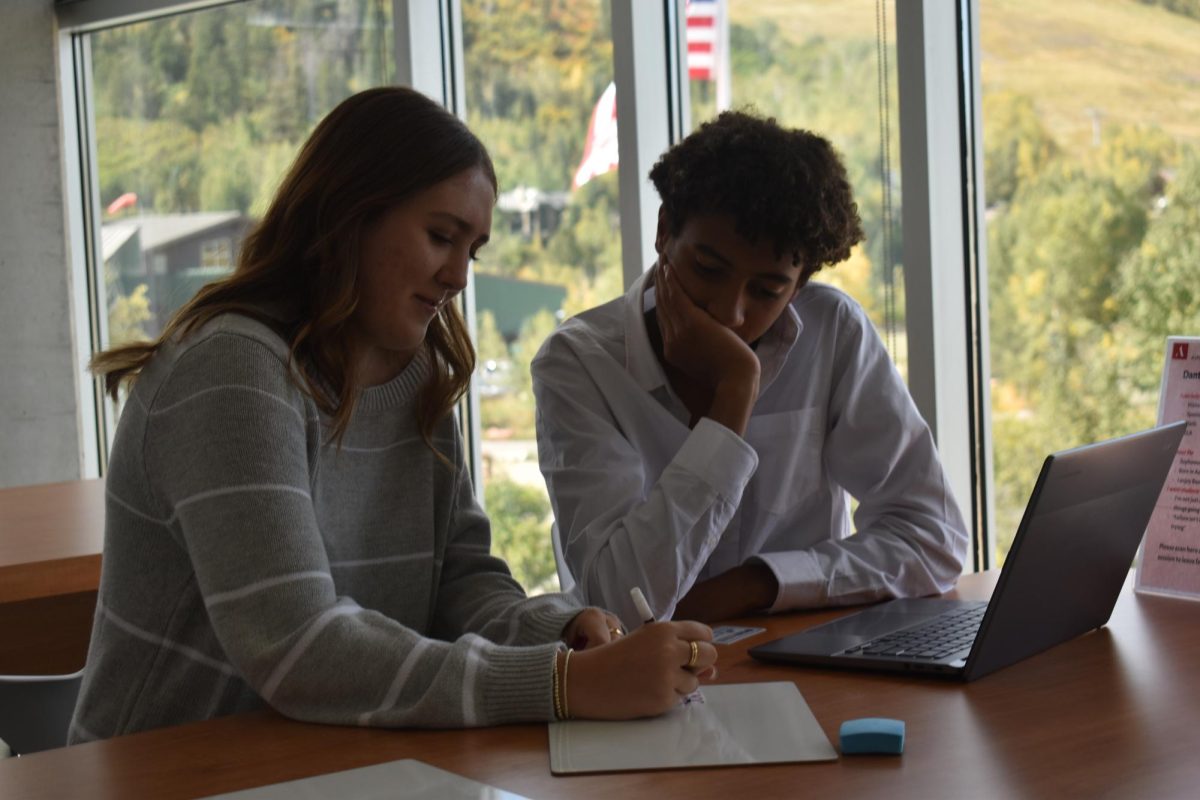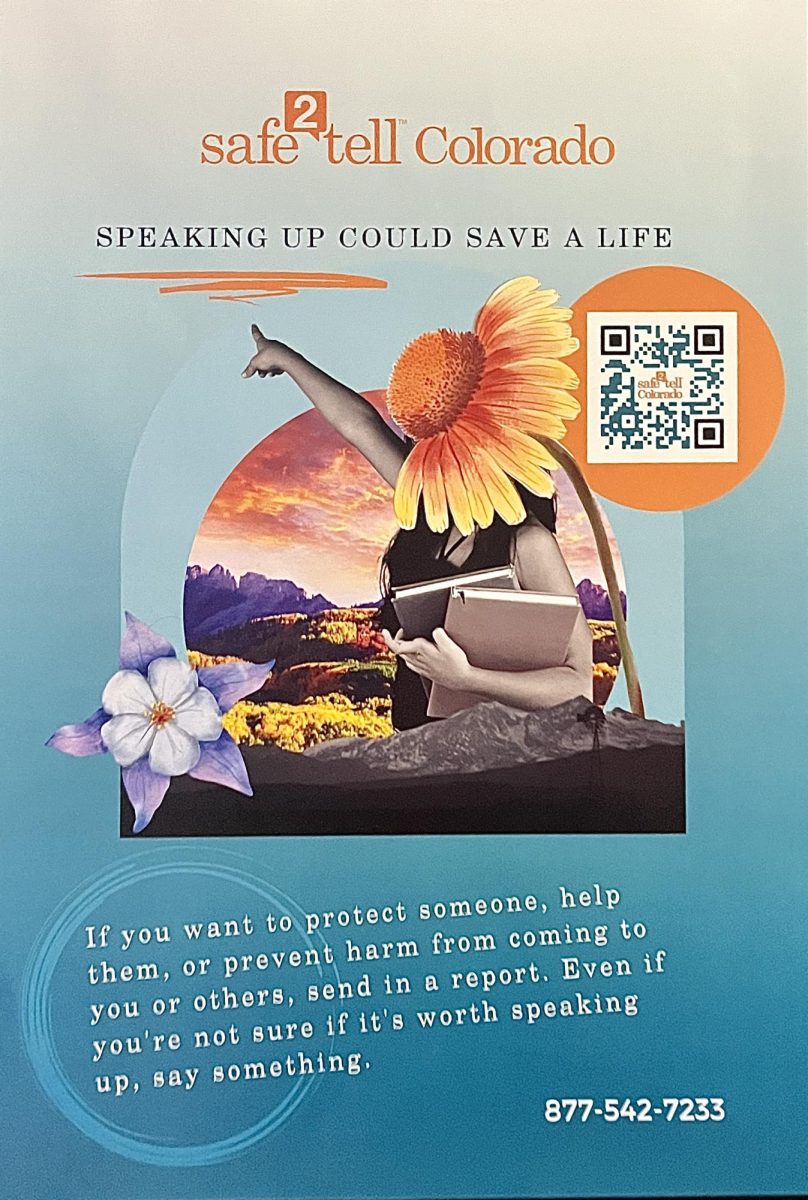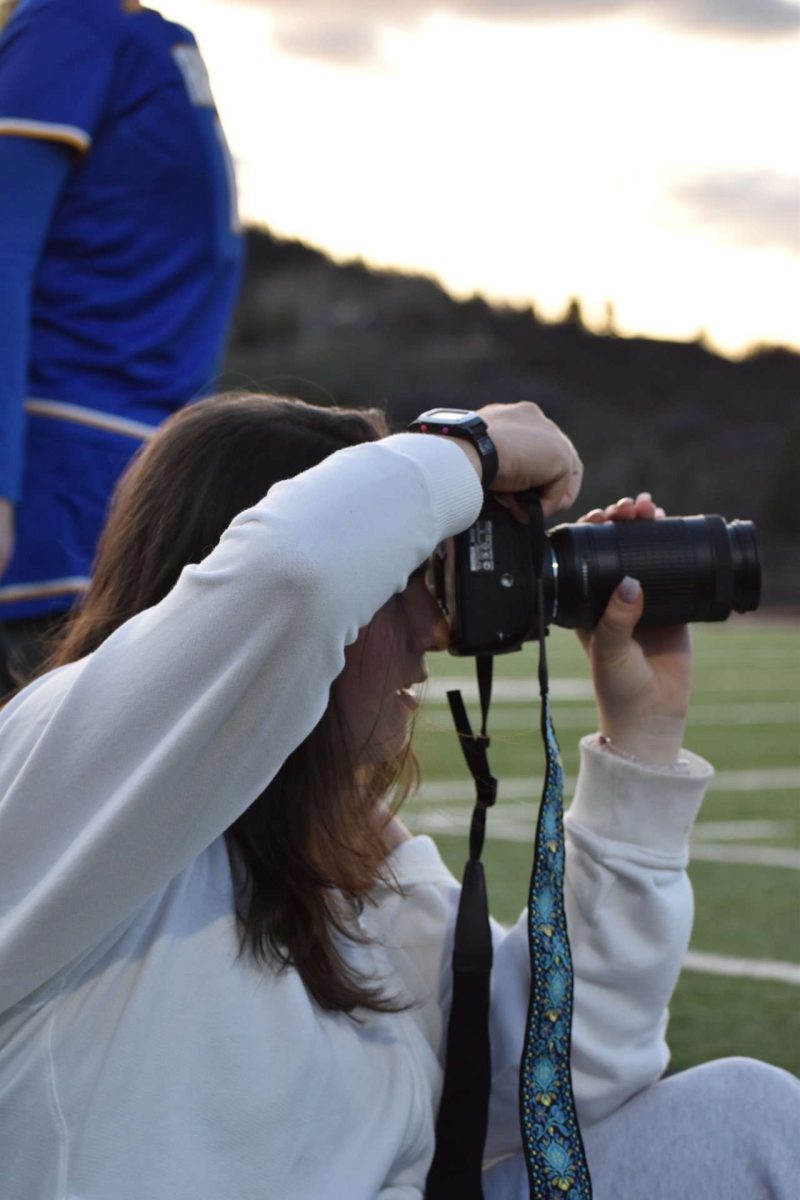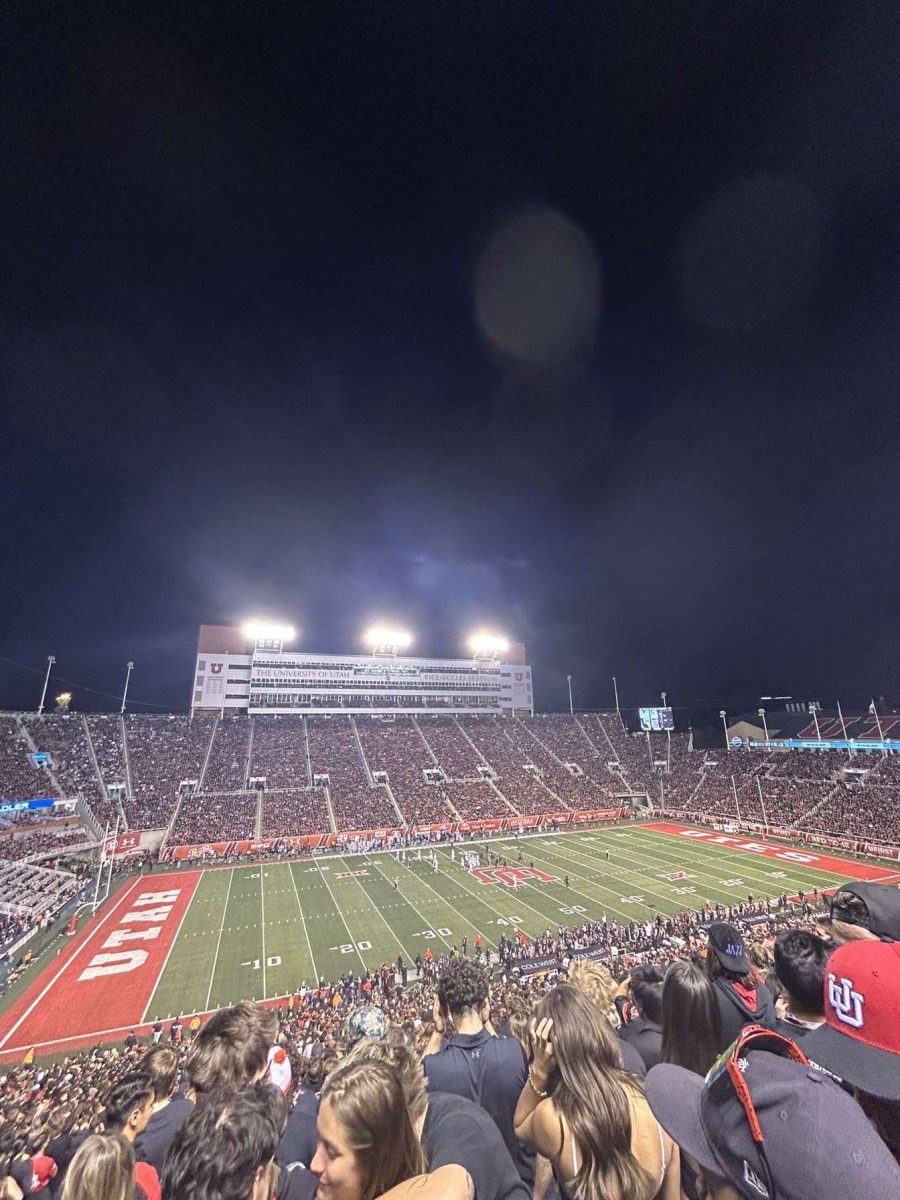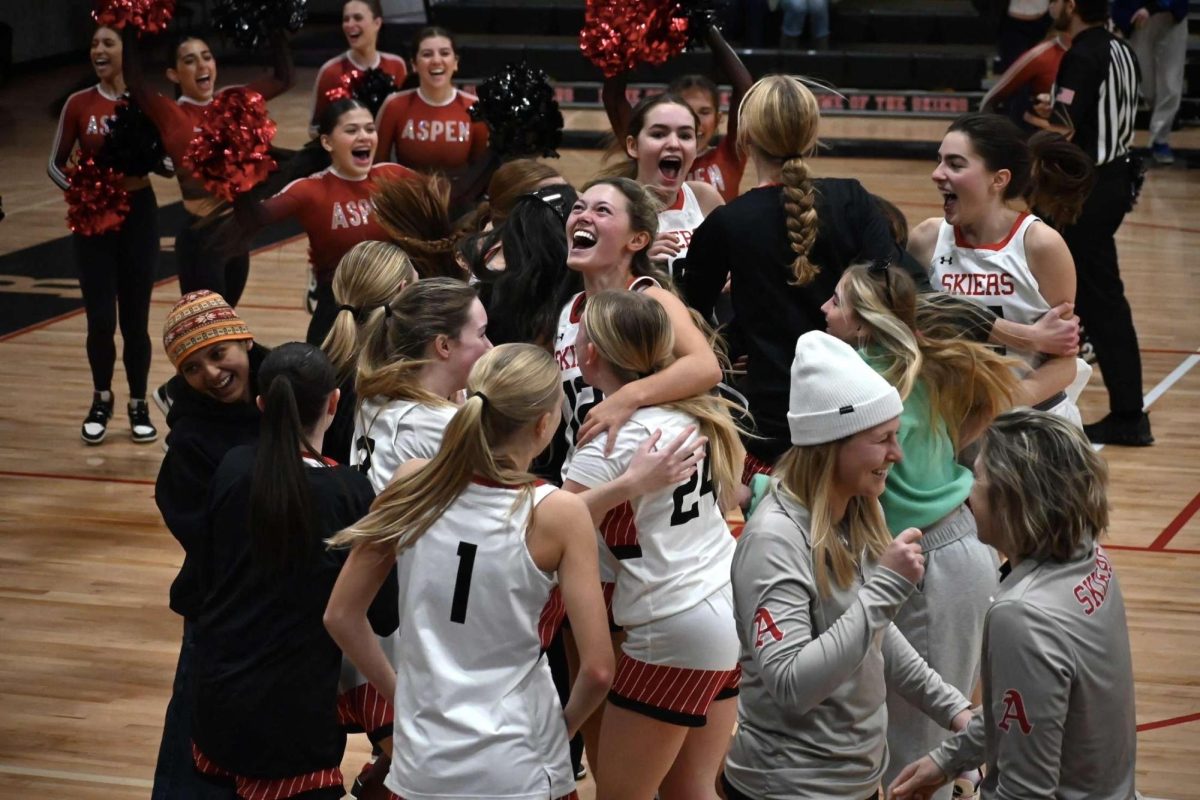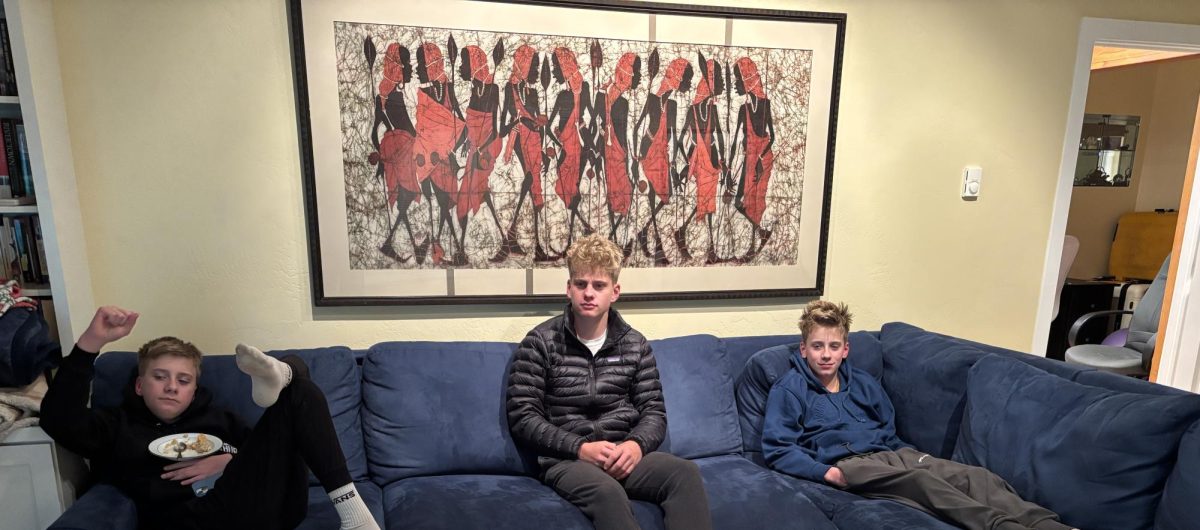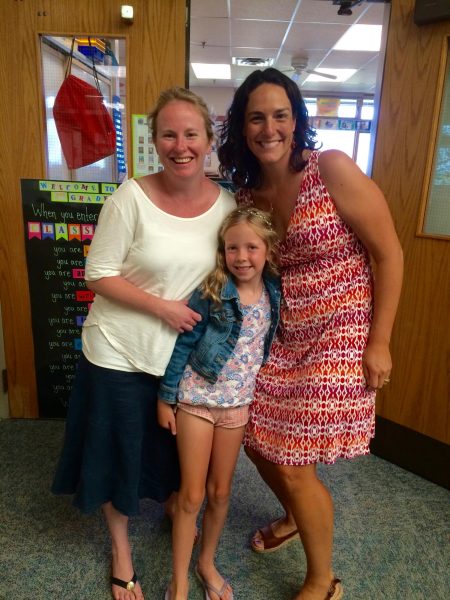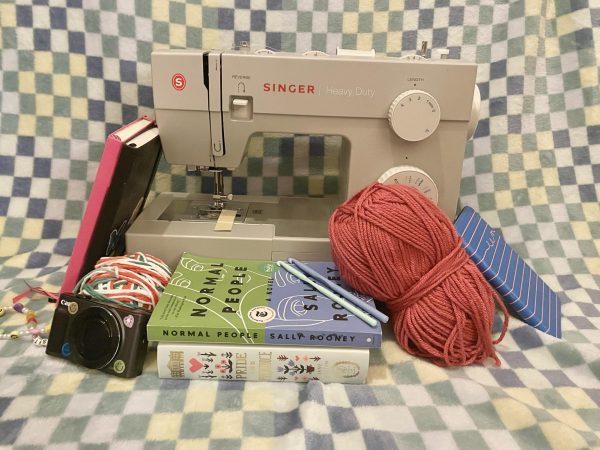In conversations about equity, where do students stand?
Profile photo of Kayla Tehrani
*This article was originally published in the Snowmass Sun
For months, conversations about equity and equality at Aspen High School have caused disagreement and anger in our community.
Aspen High School distributed an optional survey about equity to students this spring with questions about age, race, class, gender, sex, and height and weight, among other queries. The AHS Equity team wanted students to take this optional, anonymous survey to gather data and find out how to make the school a safer community for everyone.
But it also spurred backlash from other members of the community. Some parents — and one state board of education representative — took issue with the survey, claiming Strassburger was breaking the law by giving this survey, that the questions were invasive, even that the high school was “indoctrinating” its students.
Through my research on the topic, I noticed that no students had shared their opinion. I chose to do that through a letter to the editor in the Aspen Times on May 5 (“Inclusivity at Aspen High School is a good thing”) — and I, too, saw backlash.
One May 10 letter to the editor (“Educators should watch their language”) responded to my call for inclusivity by suggesting that equity work and concepts like critical race theory could be seen as anti-white racism. Reading that, I felt appalled. The thought that equity for all races being considered racist towards white individuals is beyond me.
As I did more digging into the issue, read articles and interviewed sources, I realized that some of the vocal stakeholders in the conversation intermix “equity” and “equality” — and that some seem to have a fear of both.
For me, this brought up a question: What does equity mean to our community, and why is encouraging it becoming such an issue?
To start, the definition of equity is very different from the definition of equality. According to Oxford Languages, the definition of equity is “the quality of being fair and impartial,” whereas the definition of equality is “the state of being equal, especially in statutes, rights, and opportunities.”
Fairness doesn’t necessarily mean giving everyone the same opportunities; to me, it means giving people the opportunities they as individuals need to succeed.
I also wanted to get more perspectives from students on how they feel about equity. Amid all the back and forth among adults, what about student opinion? Shouldn’t that voice be the one that matters most?
Jeremy Martin, a senior at Aspen High School, wrote in a text that he believes that the survey was solely to ensure that students of different backgrounds felt represented and were given a voice in the school.
“I felt that the questions asked in AHS’ equity survey were extremely reasonable and innocuous, and I truly believe that the discussion and speculation surrounding this survey has been entirely blown out of proportion,” Martin wrote.
Martin believes that Aspen High School should be focusing on providing for students in whatever way best suits students’ individual needs because of the wide range of students at AHS. He sees equity and equality as two different but not mutually exclusive words.
“Public schools exist to provide opportunities, and we owe it to everyone in our community to consider their individual situations and needs,” he wrote. “It seems very sad that something as fundamental as giving opportunity and assistance to everyone in our school system should have become so politicized.”
Zane Zachary, a junior at AHS, took a different approach: he wrote in an email that he believes the school should focus on equality more than equity. In his view, equality attacks the root of the problem, whereas he said he sees equity as a lazy approach to level the playing field.
“Since the school took an equality approach to my dyslexia, I went through the crucible to where I can today succeed without any assistance,” Zachary said. “If the school treated me with equity, Dyslexia would still be a significant factor in my life; my academic success would depend on grade redistribution. With that said, the school should give tools, not points.”
Though equity and equality may mean different things — both in the dictionary and in the eyes of different people — I see the importance of both of them in our community. Students should be treated with equal kindness and respect, but also given the resources that they as individuals need to succeed.
The apprehension some people seem to have toward equity concerns me; I truly hope the argument about the survey and equity can come to an end and we can focus on ensuring students feel comfortable at school.

Kayla Tehrani is a senior at AHS. This is her third year writing for the Skier Scribbler and is very excited to be an EIC this year. In her...

